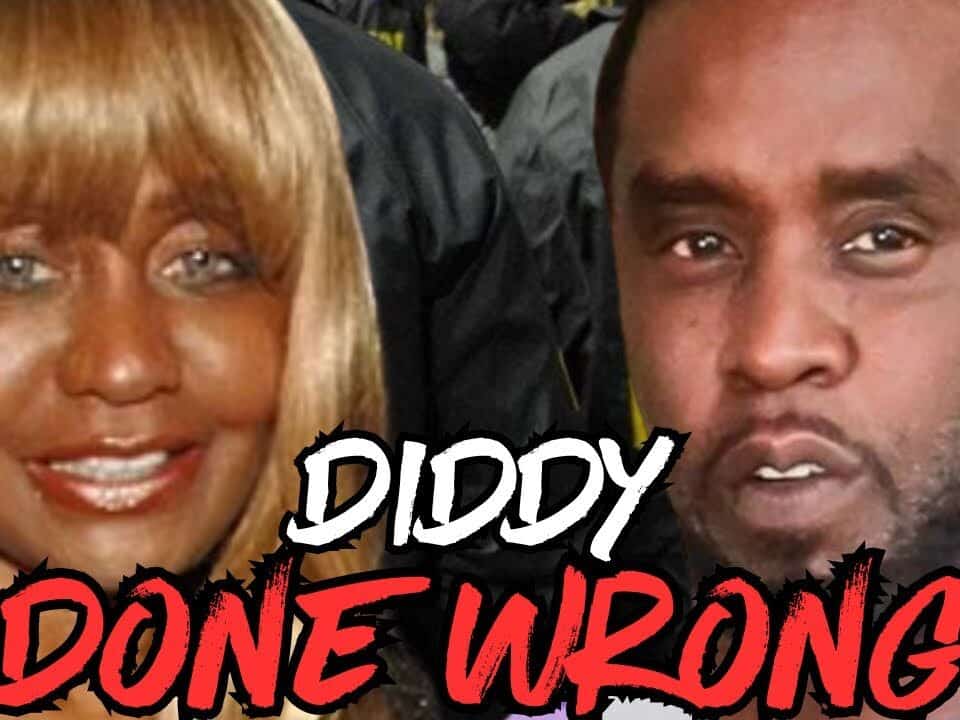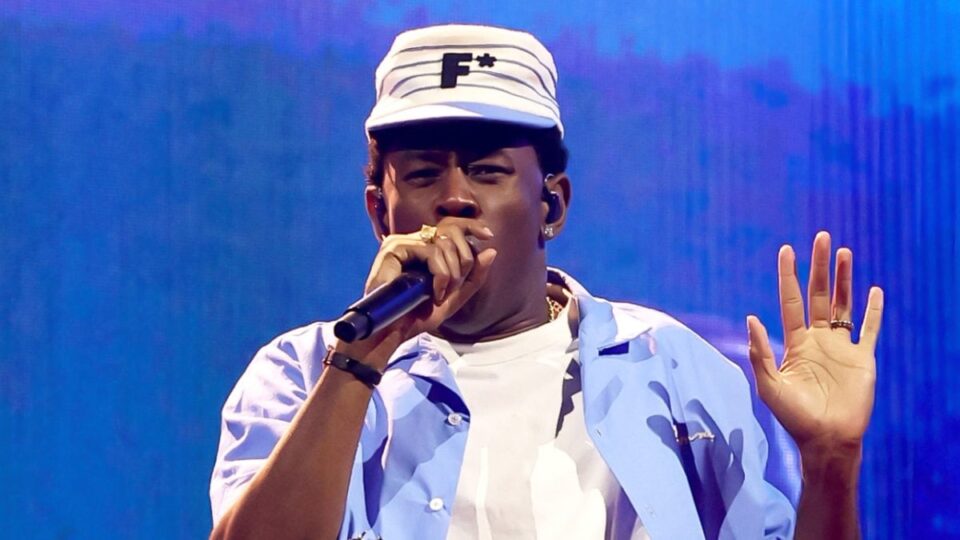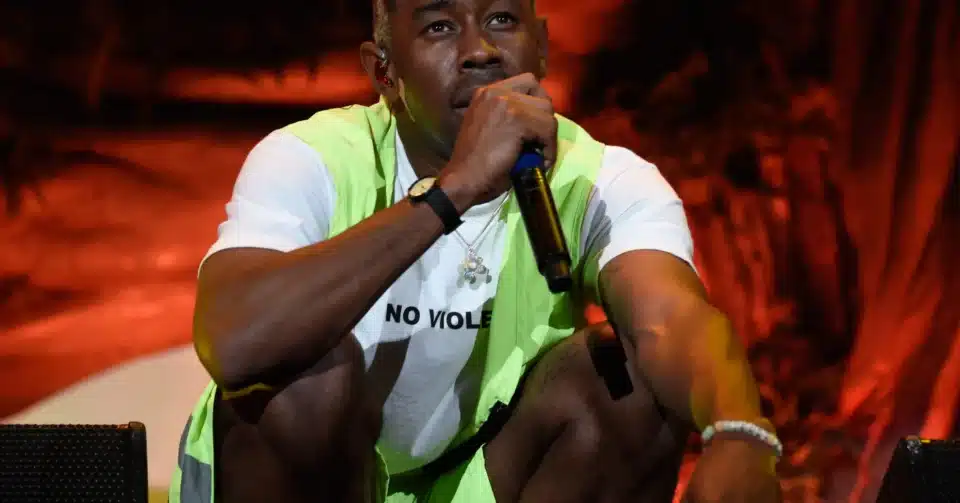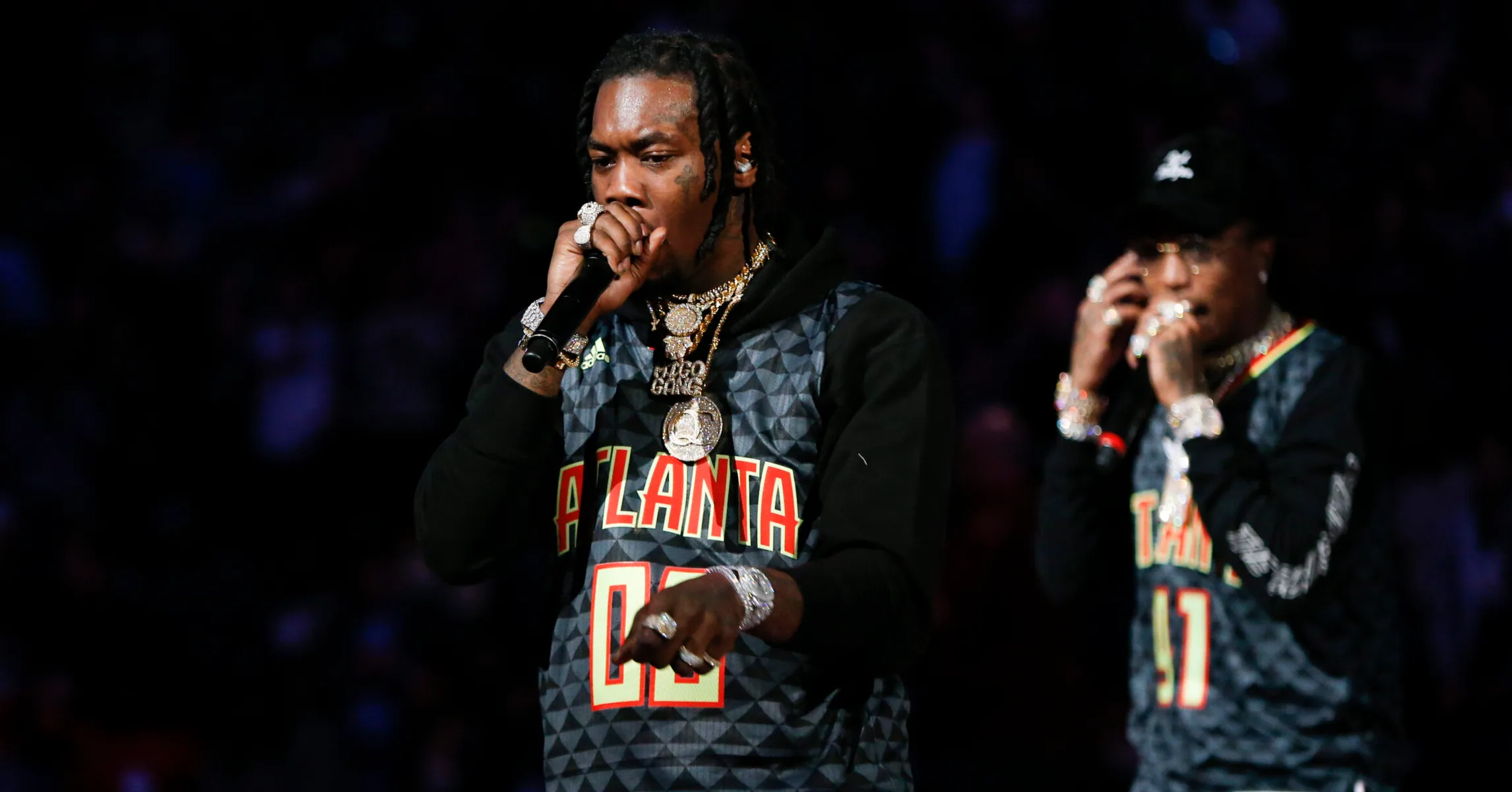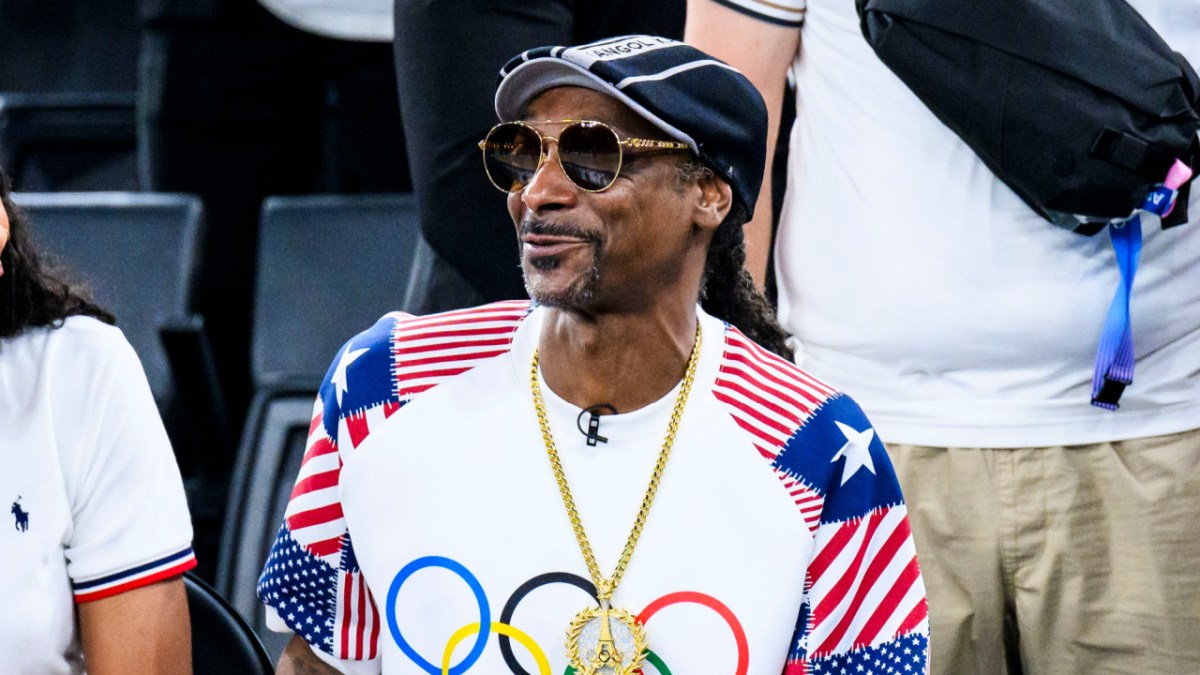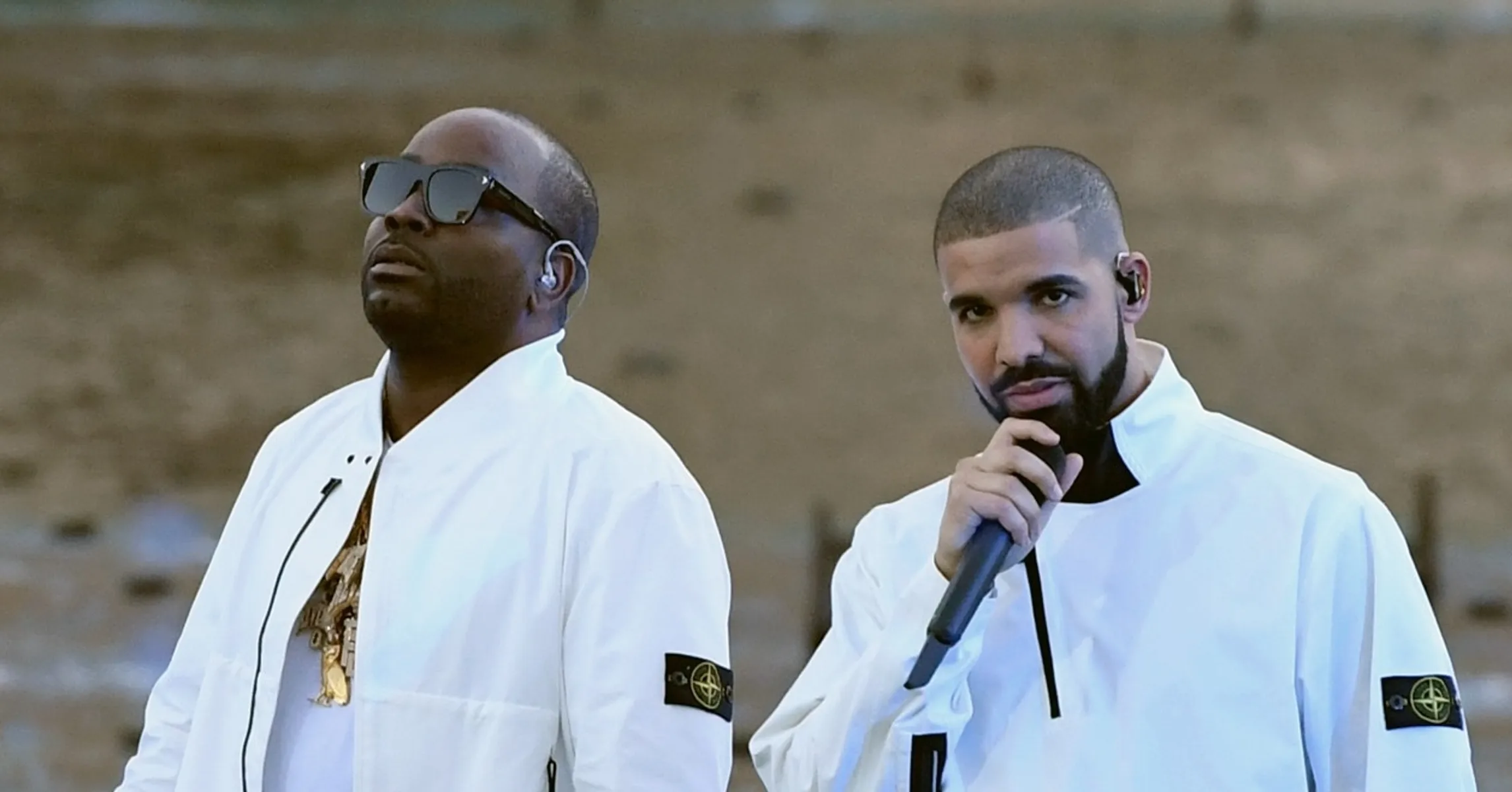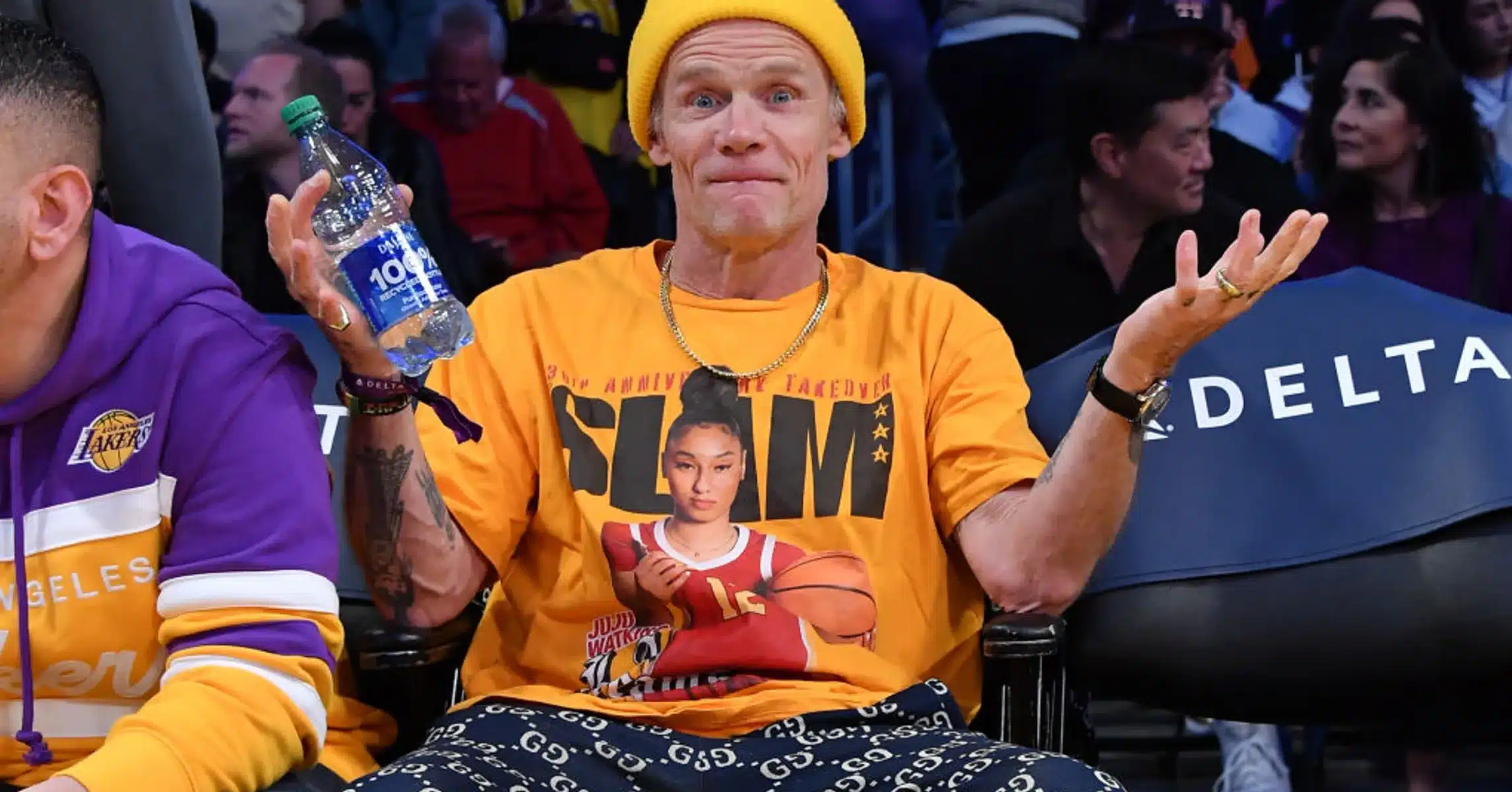In the swirling tides of media controversy, Diddy finds himself at the center of a storm. Accusations fly, and his mother, Miss Janice Combs, voices her heartache through a poignant letter, pleading for her son to be heard before judgment is cast.
The Diddy story has been a tumultuous tale, dragging on since the initial whispers of Cassie’s court battle against him emerged. While the media spotlight has focused on Cassie’s claims, little attention has been paid to Diddy’s perspective—or that of his family.
Miss Janice Combs recently broke her silence, sharing her disappointment at the public’s quick rush to judgment. In her letter, she highlighted that while the public has seen videos suggesting wrongdoings, it’s unjust to assume guilt for all allegations without a fair trial.
The narrative against Diddy paints him as a man embroiled in severe accusations, from sex trafficking to running a drug cartel. However, none of these charges have stemmed from the video evidence, fueling debates over character assassination in the court of public opinion.
Media portrayal plays a significant role in shaping public perception. The conversation often spotlights Diddy’s high-profile status, assuming guilt, yet sidesteps the possibility of his innocence—a scenario his mother vividly depicts in her heartfelt appeal.
Contemplating the broader implications, what if Diddy is innocent? History remembers too well the unjust convictions molded by media narratives. In this case, his mother’s voice serves not only as a defense for her son but as a cautionary tale about the power of media.
Conversations swirl around how media outlets selectively shape opinion by catering to certain narratives. This selective storytelling fuels the fire, hammering Diddy’s reputation further while ignoring stories that could humanize his plight.
Diddy’s mother doesn’t shy away from admitting the potential for past business misdeeds, but she draws a line when it comes to the current allegations. She calls for patience and fairness, urging public discernment until all facts emerge.
The weight of public suspicion is heavy, and Diddy’s longstanding celebrity status now seems more a curse than a blessing. The court of public opinion remains unforgiving, with his legacy teetering amidst unrelenting scrutiny.
Despite arguments claiming objectivity, there remains a strong undercurrent of bias in how stories are portrayed. Notably, some media platforms single-handedly sustain narratives that might not withstand judicial scrutiny, thus prolonging the saga.
In an entertainment industry often criticized for opportunism, the priority remains gaining views, sometimes overshadowing the truth. Meanwhile, grassroots media voices call for neutrality, emphasizing the wait-and-see approach as the legal process unfolds.
Ultimately, whether innocent or guilty, Diddy’s public image suffers irrevocable harm. Even if exonerated, he faces a landscape forever altered by relentless headlines and public skepticism, reshaping his identity within the cultural narrative.
In these intricate battles between allegations and truth, Diddy’s saga underscores the media’s immense influence on public judgment. As his mother pleads for a fair hearing, this case reminds us all of the lasting consequences of media-driven narratives.
